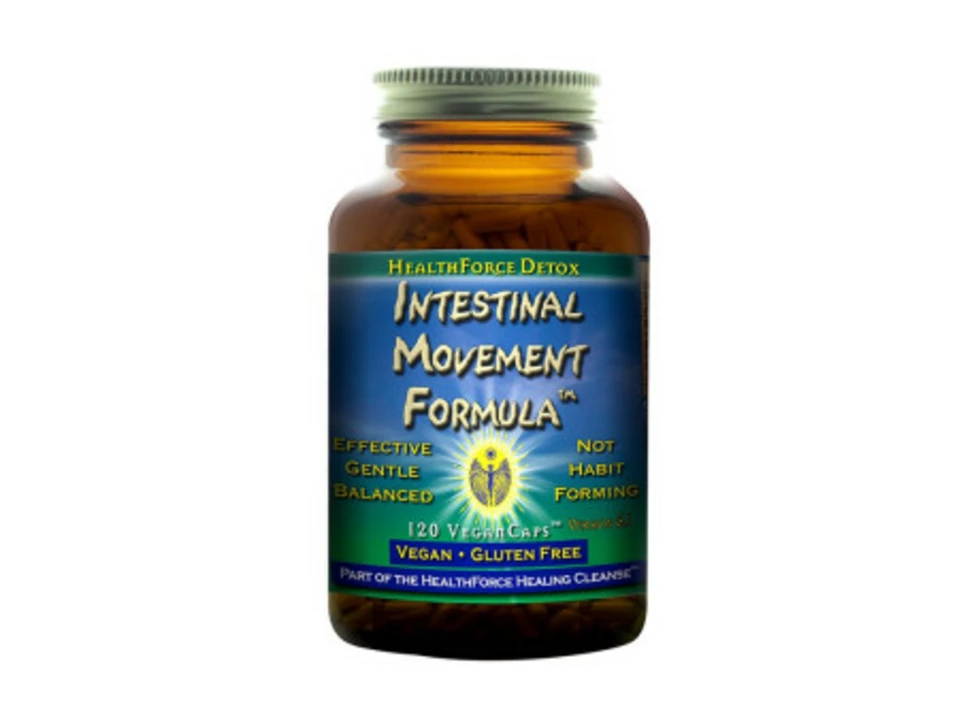Dietary Supplement Guide: How to Choose and Use Them Safely
Shopping for supplements can feel overwhelming. Labels promise energy, brain power, or a stronger immune system. The truth: some supplements help, some don’t, and some can cause harm if you mix them with medications or use the wrong dose. This page gives simple, practical steps to pick safer products and use them the right way.
How to pick a safe supplement
Start with a reason. Ask: what specific issue am I trying to fix? Deficiency, sleep, or joint pain? If a blood test or your doctor says you need a nutrient, you’re on better ground. Look for clear ingredient lists, exact dosages, and an expiration date. Avoid products that hide amounts behind “proprietary blends.”
Choose brands with third-party testing seals. Look for NSF, USP, or ConsumerLab. These groups check that pills contain what the label says and don’t have harmful contaminants. If a product claims to cure diseases, that’s a red flag—supplements can support health, not treat illnesses.
Common supplements and realistic uses
Vitamin D: Often low in people who get little sun. Useful when a test shows deficiency. Typical doses vary—ask your provider before high doses. Omega-3 (fish oil): Helpful for some heart and inflammatory concerns, but quality varies. Check EPA/DHA amounts on the label. Probiotics: May help after certain antibiotics or with some gut issues; match the strain to the problem. Magnesium: Can help sleep and constipation for some people. Multivitamins: OK for gaps in diet but don’t replace healthy food.
Watch for interactions. Supplements like St. John’s Wort, ginkgo, or high-dose vitamin K can change how prescription drugs work. If you take blood thinners, antidepressants, or medications for heart disease, talk with your pharmacist or doctor before adding anything. Bring a list of all medications and supplements to every appointment.
Buy smart. Prefer Canadian or well-known international brands sold by licensed pharmacies. Avoid miracle cures sold only through flashy ads or social media. Check reviews but focus on verified buyer feedback, not sponsored posts. Keep receipts and lot numbers in case of recalls.
Use correct dosing and timing. More is not always better. Keep to recommended amounts and follow label directions for taking with food or on an empty stomach. Store pills away from heat and moisture; some formulas break down quickly.
Finally, track results. Give a supplement a fair trial—usually 4–12 weeks—then note changes. If you see side effects like stomach upset, unusual bleeding, or new symptoms, stop and call your provider. When in doubt, ask a pharmacist; they can flag risky combos and suggest safer options.
Want specific product recommendations or how a supplement interacts with a certain medication? Check individual articles on this site or contact a local pharmacist for tailored advice.






